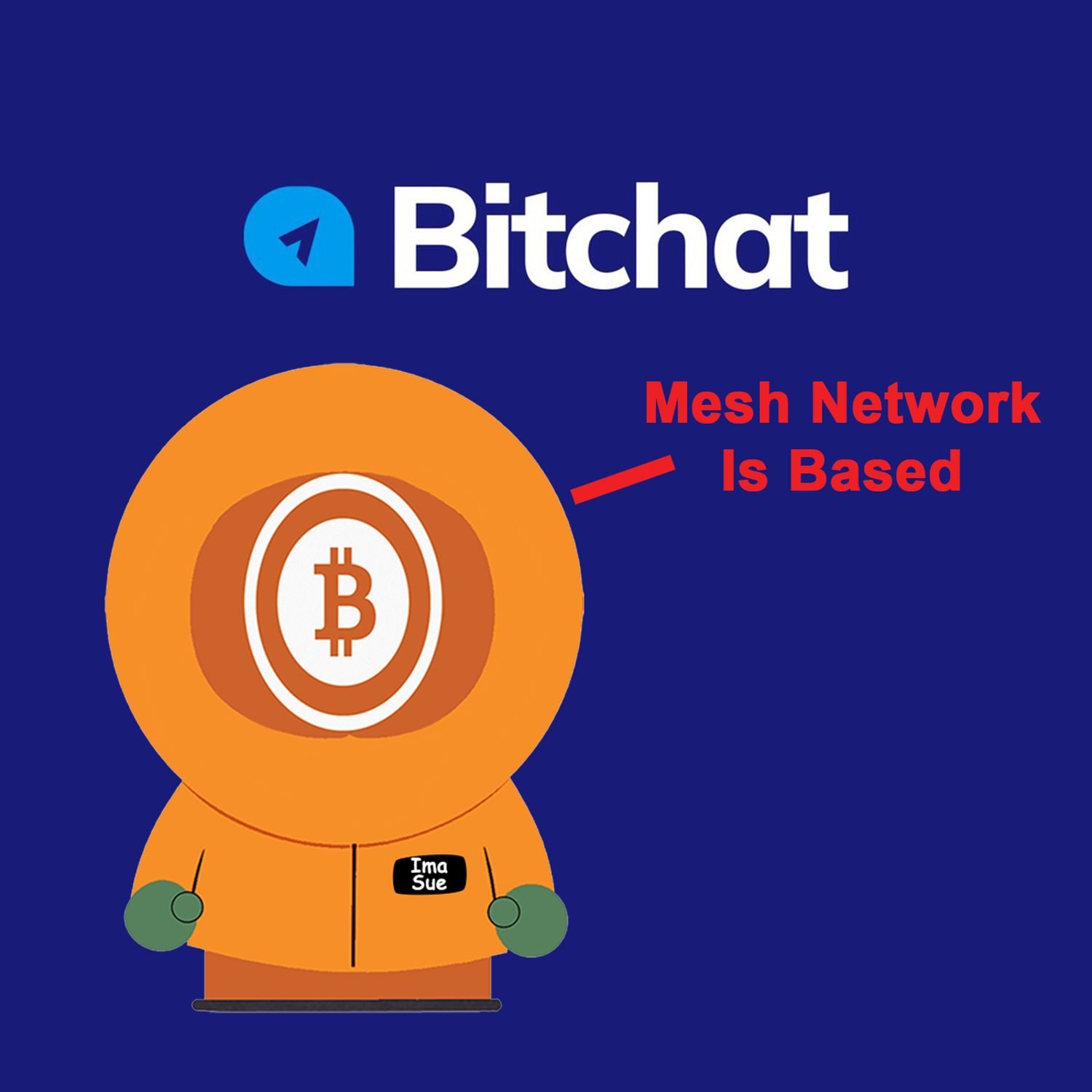

Bitcoin treasury titan Strategy hit pause on its relentless buying streak this week, choosing not to purchase additional BTC for the first time since April. Instead, the company announced a new $4.2 billion equity raise and confirmed $14 billion in unrealized Bitcoin gains for Q2. This comes alongside a complex array of preferred and common share offerings, some priced suspiciously at fractions of a cent. Despite pausing its buys, Strategy continues to inflate its arsenal through debt and equity instruments, reinforcing the playbook of monetizing stock dilution in exchange for more Bitcoin.

Elon Musk once again captured headlines by announcing the formation of the America Party, claiming it would accept Bitcoin as part of its platform. The claim, made casually on X in response to a user question, sparked predictable excitement. But David Bennett didn’t mince words—he called it out as likely dishonest. Musk’s history of oscillating between Bitcoin support and Dogecoin memes, combined with Tesla’s prior BTC sell-off, makes his intentions dubious at best. His America Party feels more like a Twitter-engineered PR weapon than a real shift toward Bitcoin adoption.

While Musk dabbled in headlines, Jack Dorsey dropped something with actual substance. BitChat, a decentralized Bluetooth-based messaging app, allows encrypted, ephemeral communication without the Internet. Designed for use in disconnected or compromised environments, it creates mesh networks through mobile devices. Dorsey and his team see it as a first responder tool, a protest shield, and an off-grid alternative for private coordination. With no central servers, no phone numbers, and no data harvesting, it marks a serious step toward sovereign communication systems. For those watching censorship creep, BitChat is a breath of fresh air.

Not everything decentralized is cause for optimism, though. Hamak Gold, a pre-revenue mining firm in Liberia, announced plans to pivot into Bitcoin treasury management. The problem? They haven’t mined a single ounce of gold and generate no revenue. Like several recent treasury copycats, they’re banking on hype and financial engineering. These firms don’t have operating cashflow, and their stock plays feel more like Hail Marys than strategy. As David pointed out, licensing land isn’t the same as producing value. The story of Hamak Gold smells like another red flag.

Finally, the Texas floods added human tragedy to Bitcoin’s infrastructure narrative. Dozens are dead, including children, and the Guadalupe River surged over 20 feet in under two hours. Bitcoin mining firms like Riot and Marathon sharply curtailed operations as the grid buckled under extreme weather. Hash rate dropped nearly 10% as heat, flooding, and power instability rocked mining regions. Despite the chaos, some companies like CleanSpark managed to increase production, while solo miners pulled off rare wins. Still, the flood aftermath underscores a fragile connection between weather, energy, and digital infrastructure. Nature doesn’t care how bullish the chart looks.
Today's Articles:
https://cointelegraph.com/news/strategy-14-billion-bitcoin-unrealized-gains-skips-buy
https://cointelegraph.com/news/elon-musk-confirms-new-america-party-will-embrace-bitcoin
https://decrypt.co/328707/gold-explorer-joins-bitcoin-treasury-bandwagon
https://atlas21.com/jack-dorsey-launches-bitchat-decentralized-messaging-without-internet/
https://bitcoinnews.com/mining/texas-bitcoin-mining-weather-crises-june/
https://decrypt.co/328699/solo-bitcoin-miner-beats-odds-350k-jackpot
https://www.theblock.co/post/361331/the-smarter-web-company-hits-1000-btc-treasury-milestone



Member discussion: